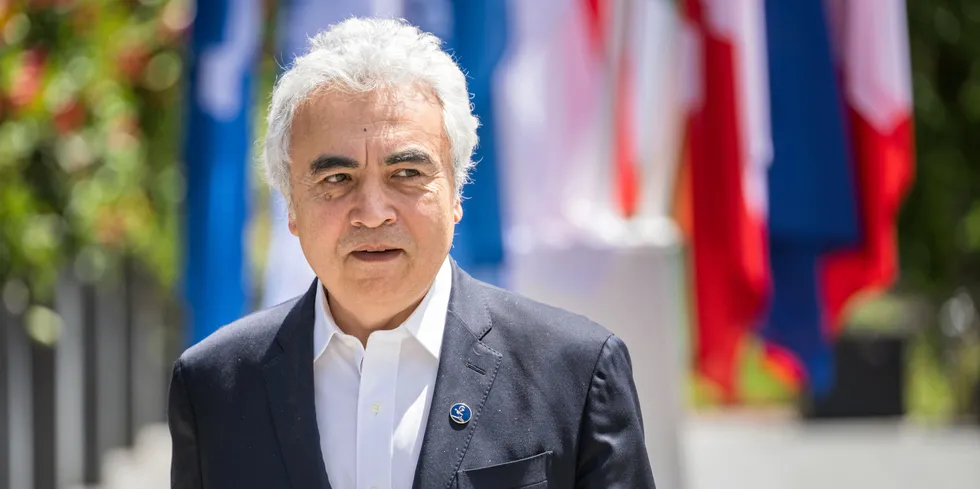'First truly global energy crisis' | Irena and IEA demand more international collaboration to reach net zero
Agencies present first annual 'Breakthrough Agenda Report' with recommendations on how to push down price of clean power, EVs, low-carbon steel and hydrogen
